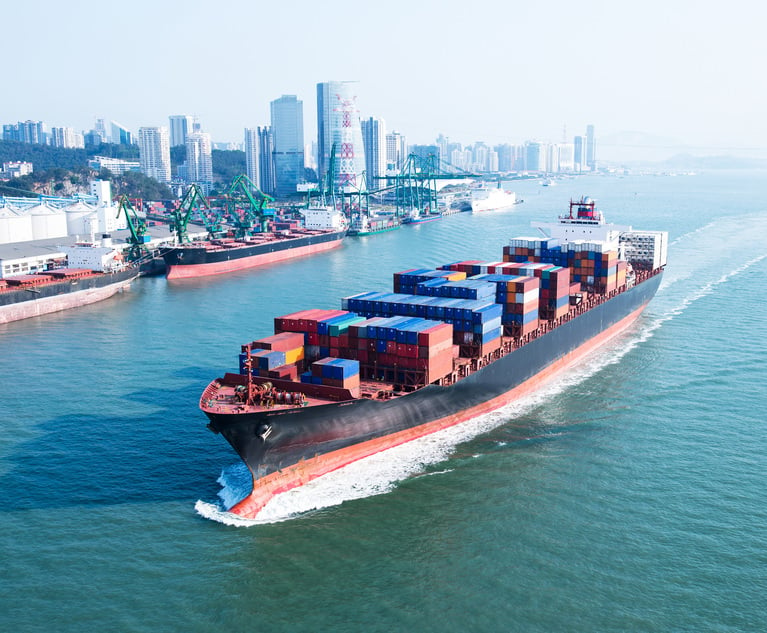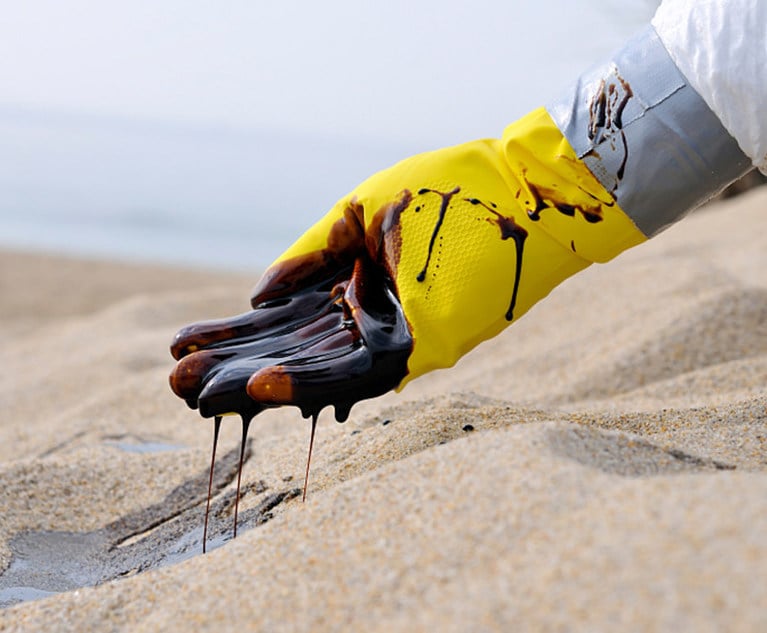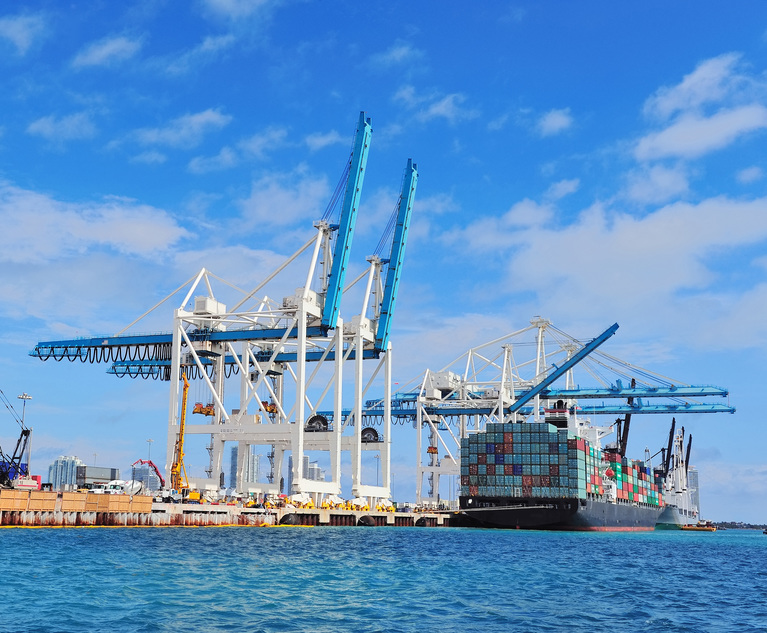In 1936, the International Chamber of Commerce (ICC) developed a set of three-letter acronyms known as Incoterms for use in sale of goods contracts to allocate risk of loss and expenses between buyers and sellers. Each acronym reflects a time or place for delivery and when placed sequentially in a table for ease of comparison, the set graphically creates staircases depicting the respective obligations of each party in the movement of goods from origin to destination. Perhaps the most familiar of these acronyms is FOB, meaning free on board. For example, if a contract of sale includes the term FOB vessel, the seller must load the goods aboard the vessel free of cost to the buyer. There the risk of loss passes to the buyer, who must then undertake to transport the cargo to destination and pay for all attendant expenses, including export and import fees, stevedore charges to unload the goods at destination, and destination terminal charges and storage there, if necessary.
In 2020, the ICC issued its latest set of Incoterms, which consists of seven terms that apply to any mode of transport: EXW (Ex Works), FCA (Free Carrier), CPT (Carriage Paid To), CIP (Carriage and Insurance Paid To), DAP (Delivered at Place), DPU (Delivered at Place Unloaded) and DDP (Delivered Duty Paid). It also announced four terms that apply to sea and inland waterway transport: FAS (Free Alongside), FOB (about which we have spoken), CFR (Cost and Freight) and CIF (Cost Insurance and Freight). These terms are remarkably useful in sorting out quickly which party handles what aspects of the movement of goods from origin to destination.


 Keith B. Letourneau, partner with Blank Rome. Courtesy photo
Keith B. Letourneau, partner with Blank Rome. Courtesy photo




